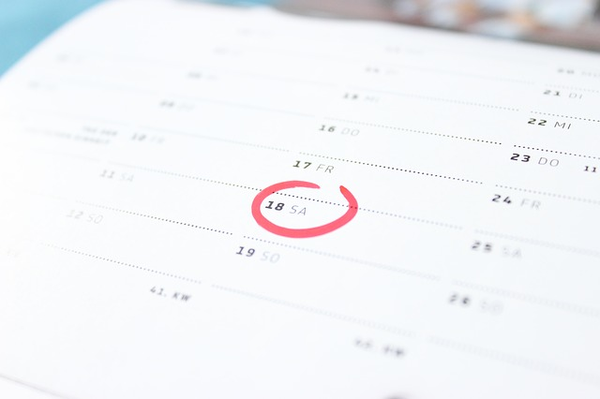This is a question I hear quite often from parents.
I can assure you that your child is progressing exactly as expected given the amount of practice done between lessons, the level of willingness during lessons, and the degree to which practice reflects the exercises that are done during lessons.
“So, you’re saying my child isn’t practicing enough?”
I’m saying that if you want more progress, then yes, the amount and quality of practice are probably not enough.
I’m hesitant to state it like this, because I don’t want to give the impression that my expectations are not being met.
Let me ask you the following:
- What kind of progress are you looking for?
- Why do you want that progress?
- What kind of progress is your child looking for?
- If there is a mismatch between what you are hoping for and what your child is hoping for, how are you handling that?
As a teacher, my responsibility is to my student. This is difficult when parents are involved, because parents are the paying clients, so I feel some responsibility to them as well. However, as much as I might wish I could, I cannot magically cause your child to improve at piano.
I have no minimum expectations as far as “progress” goes. My job is to make the student aware of cause and effect, and I trust that they will make the best use of this awareness that they know how to.
So yes, more progress will be made if more practice is done. It takes a long time to learn a musical instrument, time which is measured in years, not weeks. If the amount of progress made is the only determinant of the success of lessons, there will always be a feeling of failure.
The process itself must be enjoyed and appreciated for what it is. Even with no visible progress in the way of piano playing, a student who participates in lessons may still be learning:
- Self-awareness
- Appreciation of music
- How to handle distractions
- How to express music using the skills they do have
- How to stay out of their own way
- How to understand why they practice or don’t practice
- What frustrates them about playing
These lessons may be quite valuable, and may indeed be required before any kind of self-driven dedicated practice is going to occur.

Leave a Reply